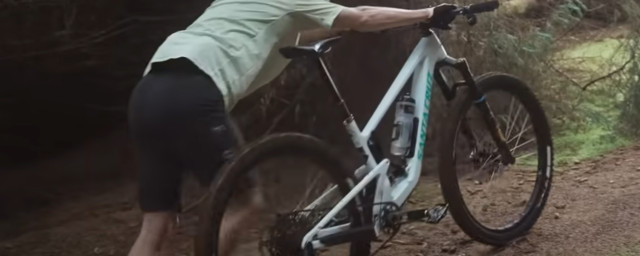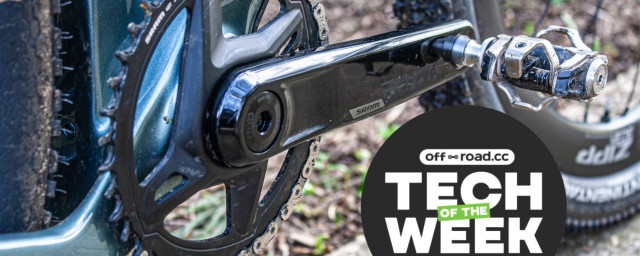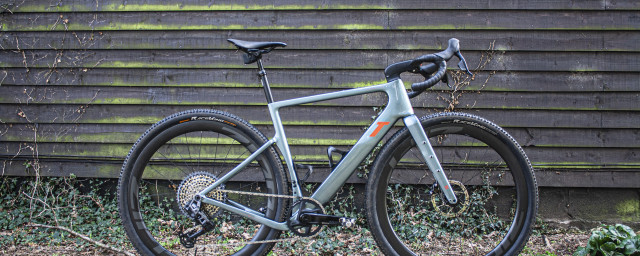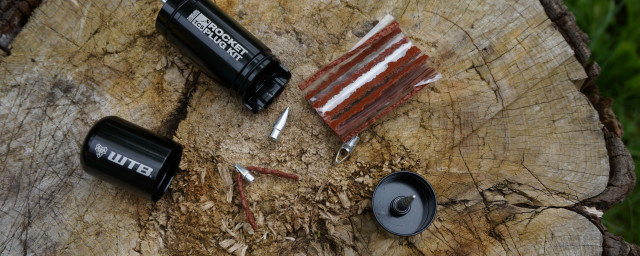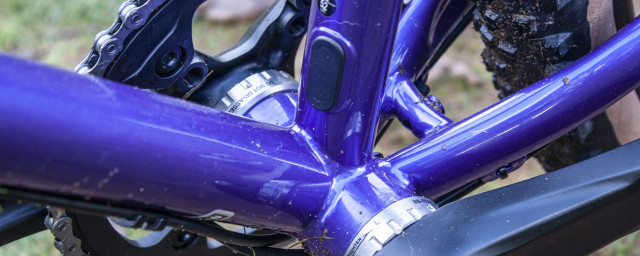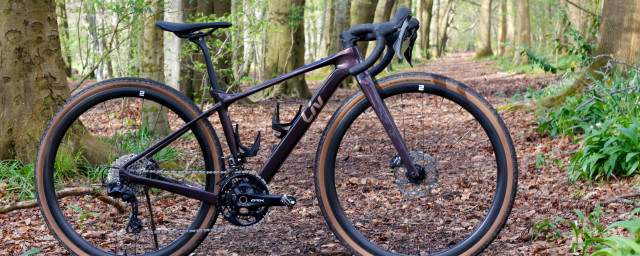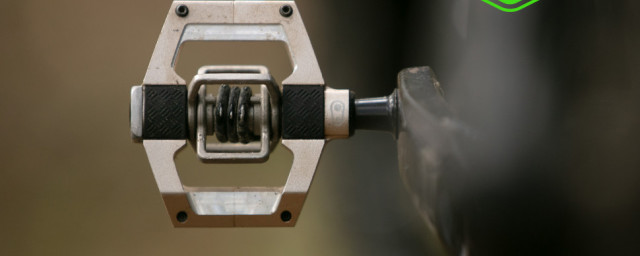If you need a new set of brake rotors, want to drop a bit of weight or just fancy adding a touch of bling to your bike, then Disco Brake's Floating Brake Rotors should be high up the list, offering stonking value without cut-price performance.
- Everything you need to know about mountain bike tyres with our buyer's guide
- Review: Disco Brakes Sintered disc brake pads
- Feature: Brake tech with SRAM - how fade really happens, DOT vs mineral and more
As the name suggests, these disc rotors use a 'floating' design, where the stainless steel braking surface is attached using rivets to a lightweight aluminium spider and hence your wheel hub. It's a design from the world of high-performance motorbikes and there are a number of claimed benefits, including a lower propensity to warp at high temperatures and better heat dissipation. To be brutally honest, in the relatively low-stress world of mountain bikers the main benefit is that they're always lighter than a conventional all-steel item.
Disco Brake's rotors weigh in at an impressive 130g for a 180mm diameter item, which compares well to SRAM's Centreline X floating disc at 127g and is a small but usable chunk lighter than the all steel Centreline rotor at 150g. It might not sound much - and it isn't - but as your rotor is both unsprung and rotating mass, shaving a few grams here will make a bigger difference than almost anywhere else, though we suspect that most people will opt for a floating rotor over a standard item because they look cool.
When it comes to the looks, Disco has you covered as there are eight colours of the anodised rainbow to choose from when buying. Though they only come in a six-bolt pattern there are plenty of Centrelock hub adaptors to choose from and with 160mm, 180mm and 203mm diameters, all but the most niche mountain bikers are covered.
Performance wise, I can't say I noticed much difference moving from solid 180mm SRAM Centreline and two-piece Centreline X rotors to these, once they'd bedded in. There's no more noise, no weird vibration at the wheel or lever and braking bite wasn't impacted in any way. They didn't distort in the way that steel rotors can when you get them really hot and gave silent running throughout my test period. When you consider that the bog standard SRAM rotor costs £43 and the fancy one is £68 at full retail, these start to look like the massive bargain they are at a smidge less than £26.
If you still begrudge that sort of money for a new rotor then Disco offer even cheaper solid items, but given the weight and performance of these, I can't help feeling you'd be mad not to.

